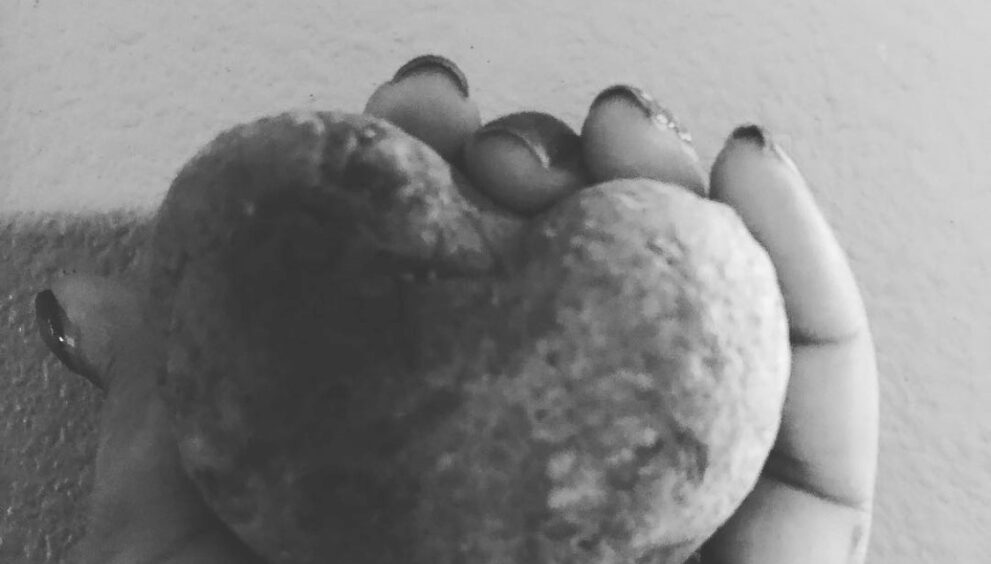by Yvonne Gurley
Recovering from trauma requires much more than a band aid accompanied by one therapy session. Trauma can change the trajectory of your life. Upon experiencing trauma one can feel their reality shatter their sense of security, leaving us feeling lost, overwhelmed, and disconnected from ourselves and the world around us. Whether it’s the result of abuse, violence, loss, or having gone to prison, the aftermath of trauma can be devastating. However, amidst the darkness, there is hope. Reclaiming your life after trauma is a courageous journey of healing and self-discovery—a journey that is unique to each individual but can ultimately lead to profound transformation and growth.
Acknowledge the Pain
The first step in reclaiming your life after trauma is to acknowledge the pain and its impact on your life. I spent years trying to heal and protect the hurt little girl inside me. I lived my life trying to be my own savior for years. I tried to be my own healer and provider because trauma told me that all I had was me. It was so exhausting being angry all the time, depressed all the time, and feeling alone all the time. Acknowledging your trauma and simply leaving it at acknowledging can be a difficult and often painful process, as it requires facing the memories and emotions that have been buried deep within. However, by allowing yourself to acknowledge and validate your experiences, you can begin to take back control of your life. I handed that little girl in me that I tried fix for many years over to God, and it was one of the best things I’ve ever done.
Seek Support
You don’t have to face your journey alone no matter how alone your trauma tells you that you are. Seeking support from friends, family, or a therapist can provide you with the guidance, validation, and encouragement you need to heal but for me none of that was enough. Those things sounded good but those things without God never healed me. My anti-depressants certainly didn’t heal me. Surrounding myself with people who believed in the strength and the healing power of God and encourage me that Jesus was more than willing to walk alongside me during my journey of healing; that’s what set me free.
Practice Self-Compassion
Self-compassion is a vital aspect of healing from trauma. I stopped being so hard on myself and recognized that healing takes time. For me, I also decided that I didn’t want it to take what felt like forever. You know those times where you swear, you’re over it and then that lovely, undiscovered trigger taps you on the shoulder. I allowed myself to feel whatever emotions arose without judgment or self-criticism, but I also took a lot of accountability for what I could control going forward. I prayed for balance. I needed to treat myself with the same kindness and understanding that I would offer to a loved one going through a difficult time; but I also stopped making excuses for things that had no business being excused.
Reconnect with Yourself
Trauma can often leave us feeling disconnected from ourselves and our bodies. Reconnecting with yourself involves tuning into your inner experiences, exploring your emotions, and rediscovering your sense of identity and purpose. Engage in activities that bring you joy, whether it’s spending time in nature, practicing mindfulness, or pursuing creative outlets. For years I stopped writing. I stopped pursuing purpose, and I stopped pursuing God. When I reconnected with God, he helped me to reconnect with my true self; the person he created me to be and reignited my purpose which was always to write material that would lead people back to him.
Set Boundaries
Setting boundaries is essential for protecting your emotional well-being as you reclaim your life after trauma. Learn to say no to things that drain your energy or trigger painful memories and prioritize your own needs and boundaries. Surround yourself with people who respect and support your boundaries, and don’t be afraid to enforce them when necessary. Over time I learned the art of saying no and the art of releasing what does not serve me and the things I cannot serve in return and doing so with no regrets. That meant handing over people, relationships, and outcomes over to God and not trying to take back what I released. You know how sometimes we second guess ourselves thinking maybe we misjudged. Doesn’t hurt worse when you get that hard lesson of finding out.
Cultivate Resilience
Resilience is the ability to bounce back from adversity stronger and more resilient than before. However, resilience is not Teflon. Trauma can leave lasting scars; but it can also cultivate resilience and inner strength. I can suggest focusing on building resilience by developing coping skills, nurturing positive relationships, and finding meaning and purpose in your experiences. All of that sounds nice but doing all of that and still not pursuing Jesus always left me feeling like I was on a hamster wheel. I’d have moments where I thought I felt better but that wheel would always take another spin. Cultivate a resilience whose foundation is in Christ. Then, reclaiming life beyond trauma will be a journey that leads to God’s perfect purpose for your life!
To read about how I recovered from trauma you may purchase my book Nobody’s Baby



